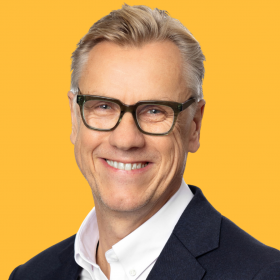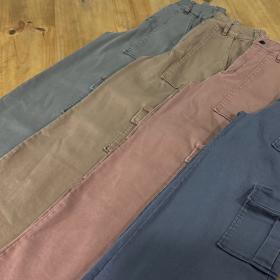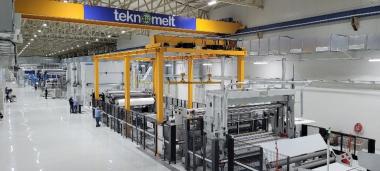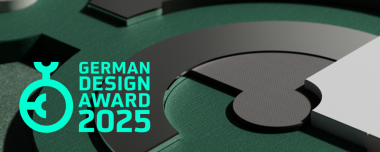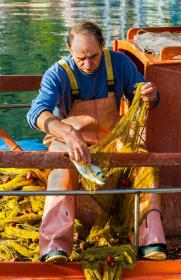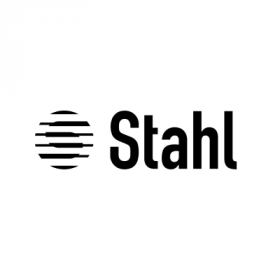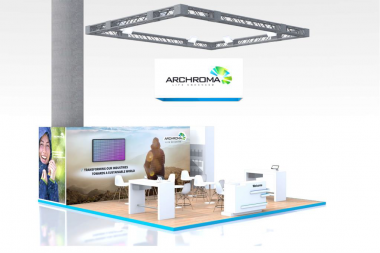Lenzing: Revenue and earnings growth in first quarter of 2024
- Revenue up 5.7 percent year-on-year to EUR 658.4 million
- EBITDA more than doubles year-on-year to EUR 71.4 million
- Free cash flow of EUR 87.3 million (compared with minus EUR 132.3 million in the first quarter of 2023) and thereby positive for the third consecutive quarter
- Performance program shows positive effect on revenue, EDITDA, and free cash flow
- Lenzing confirms EBITDA guidance for 2024
The Lenzing Group, a leading supplier of regenerated cellulose for the textile and nonwovens industries, recorded a further improvement in fiber sales volumes in the first quarter of 2024. An expected recovery in markets relevant for Lenzing has to date failed to materialize. Fiber prices remained at a low level. Although the costs of raw materials and energy continued to decrease, they remained higher than in the pre-crisis 2019 year.
Outlook
Even though the IMF has upgraded its growth forecast for 2024 from 3.1 percent to 3.2 percent, a number of risks remain for the global economy: potential geopolitical shocks, persistently higher inflation and key interest rates, as well as market risks emanating from the Chinese real estate market are currently considered to be the most relevant.
General inflation and falling incomes in real terms are continuing to exert a negative impact on consumer sentiment. A recovery in the consumer clothing market, which is important for Lenzing, will also depend on a further normalization of stock levels.
The currency environment is expected to remain volatile in regions relevant to Lenzing.
In the trend-setting market for cotton, a stable price trend is expected for the 2023/2024 harvest season.
Earnings visibility remains limited overall.
Revenue and earnings in the first quarter exceeded Lenzing’s expectations, despite the persistently difficult market. Lenzing is ahead of schedule with the implementation of its performance program. By appointing a separate Managing Board member, the projects identified to date are to be implemented even more rapidly, and new potentials are to be leveraged. Lenzing expects that these measures will increasingly contribute to further earnings improvement over the coming quarters compared to the first quarter of 2024.
Taking the aforementioned factors into consideration, the Lenzing Group confirms its guidance for the 2024 financial year of year-on-year higher EBITDA.
In structural terms, Lenzing continues to anticipate growth in demand for environmentally responsible fibers for the textile and clothing industry as well as the hygiene and medical sectors. As a consequence, Lenzing is well positioned with its “Better Growth” strategy and plans to continue driving growth with specialty fibers as well as its sustainability goals, including the transformation from a linear to a circular economy model.
Lenzing Group












